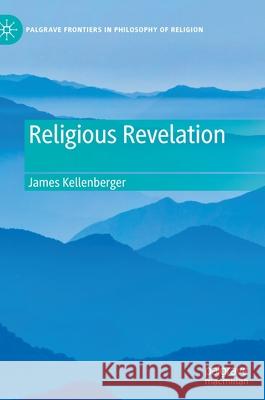Religious Revelation » książka
topmenu
Religious Revelation
ISBN-13: 9783030538712 / Angielski / Twarda / 2020 / 88 str.
Kategorie:
Kategorie BISAC:
Wydawca:
Palgrave MacMillan
Seria wydawnicza:
Język:
Angielski
ISBN-13:
9783030538712
Rok wydania:
2020
Wydanie:
2021
Numer serii:
000454104
Ilość stron:
88
Waga:
0.27 kg
Wymiary:
21.01 x 14.81 x 0.79
Oprawa:
Twarda
Wolumenów:
01
Dodatkowe informacje:
Bibliografia
Wydanie ilustrowane
Wydanie ilustrowane











